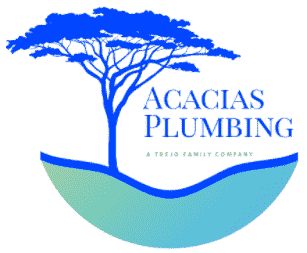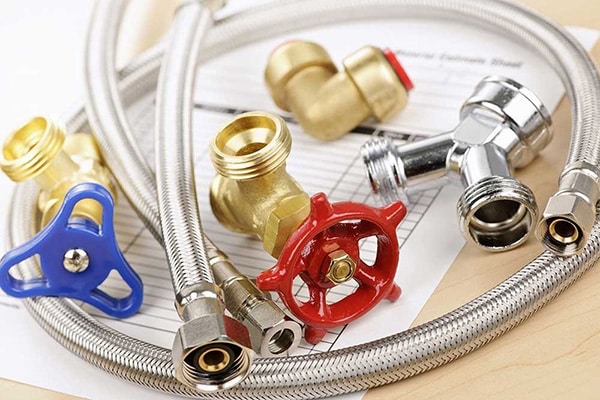As a homeowner in Houston, it’s important to stay on top of plumbing maintenance to avoid costly repairs and water damage. Plumbing issues can cause a lot of stress, but with some basic knowledge and the right tools, you can tackle many common plumbing problems yourself. In this article, we’ll provide you with some DIY plumbing maintenance tips to help keep your plumbing system in top condition.
1. Check for Leaks
The first step in DIY plumbing maintenance is to check for leaks. Leaks can waste a lot of water and cause water damage to your home. Check for leaks in your faucets, toilets, and showerheads. To check for a leak in your toilet, put a few drops of food coloring in the tank. If the water in the bowl changes color, you have a leak.
2. Inspect Your Pipes
Inspecting your pipes regularly is an important part of plumbing maintenance. Look for signs of corrosion or damage, such as rust or bulges in the pipes. If you see any signs of damage, call a plumber to repair or replace the affected pipes.
3. Keep Drains Clear
Keeping your drains clear is another important plumbing maintenance tip. Clogs can cause water to back up in your sinks, showers, and toilets. To prevent clogs, avoid pouring grease or oil down the drain and use a drain cover to catch hair and other debris.
4. Fix Running Toilets
A running toilet can waste a lot of water and money on your water bill. To fix a running toilet, start by checking the flapper. If the flapper is worn or damaged, it may need to be replaced. You can also check the chain that connects the flapper to the handle to ensure that it’s not too tight or too loose.
5. Maintain Your Water Heater
Maintaining your water heater can help extend its lifespan and improve its efficiency. Check the pressure relief valve periodically and flush the tank once a year to remove sediment buildup.
6. Learn to Shut Off Your Water
In case of a plumbing emergency, it’s important to know how to shut off your water. Locate the main water shut-off valve in your home and make sure everyone in your household knows where it is and how to use it.
7. Invest in the Right Tools
Investing in the right tools can make DIY plumbing maintenance much easier. Some essential tools include a plunger, pipe wrench, and drain snake. Keep these tools on hand so you can tackle plumbing issues as they arise.
8. Schedule Professional Inspections
While DIY plumbing maintenance is important, it’s also a good idea to schedule professional inspections from time to time. A plumber can identify any potential issues and make repairs before they turn into major problems.
9. Know When to Call a Professional
Finally, it’s important to know when to call a professional plumber. If you’re not comfortable tackling a plumbing issue yourself or if you’re unsure of what to do, it’s always best to call in a professional. Trying to fix a plumbing problem without the right knowledge and tools can often make the problem worse.
In conclusion, taking care of your plumbing system is an essential part of homeownership. By following these DIY plumbing maintenance tips, you can keep your plumbing system in top condition and avoid costly repairs.
FAQs
- What should I do if I have a plumbing emergency?
- If you have a plumbing emergency, the first step is to shut off your water at the main shut-off valve. Then, call a professional plumber to address the issue.
- How often should I schedule professional plumbing inspections?
- It’s a good idea to schedule professional plumbing inspections once a year to identify any potential issues.
- Can I fix a leaky faucet myself?
- Yes, in many cases, you can fix a leaky faucet yourself by replacing the washers or O-rings.
- What should I do if my toilet is clogged?
- If your toilet is clogged, try using a plunger to dislodge the blockage. If that doesn’t work, you may need to call a professional plumber.
- How do I know if I need to replace my water heater?
- If your water heater is more than 10 years old, showing signs of corrosion or damage, or not heating water as efficiently as it used to, it may be time to replace it.


